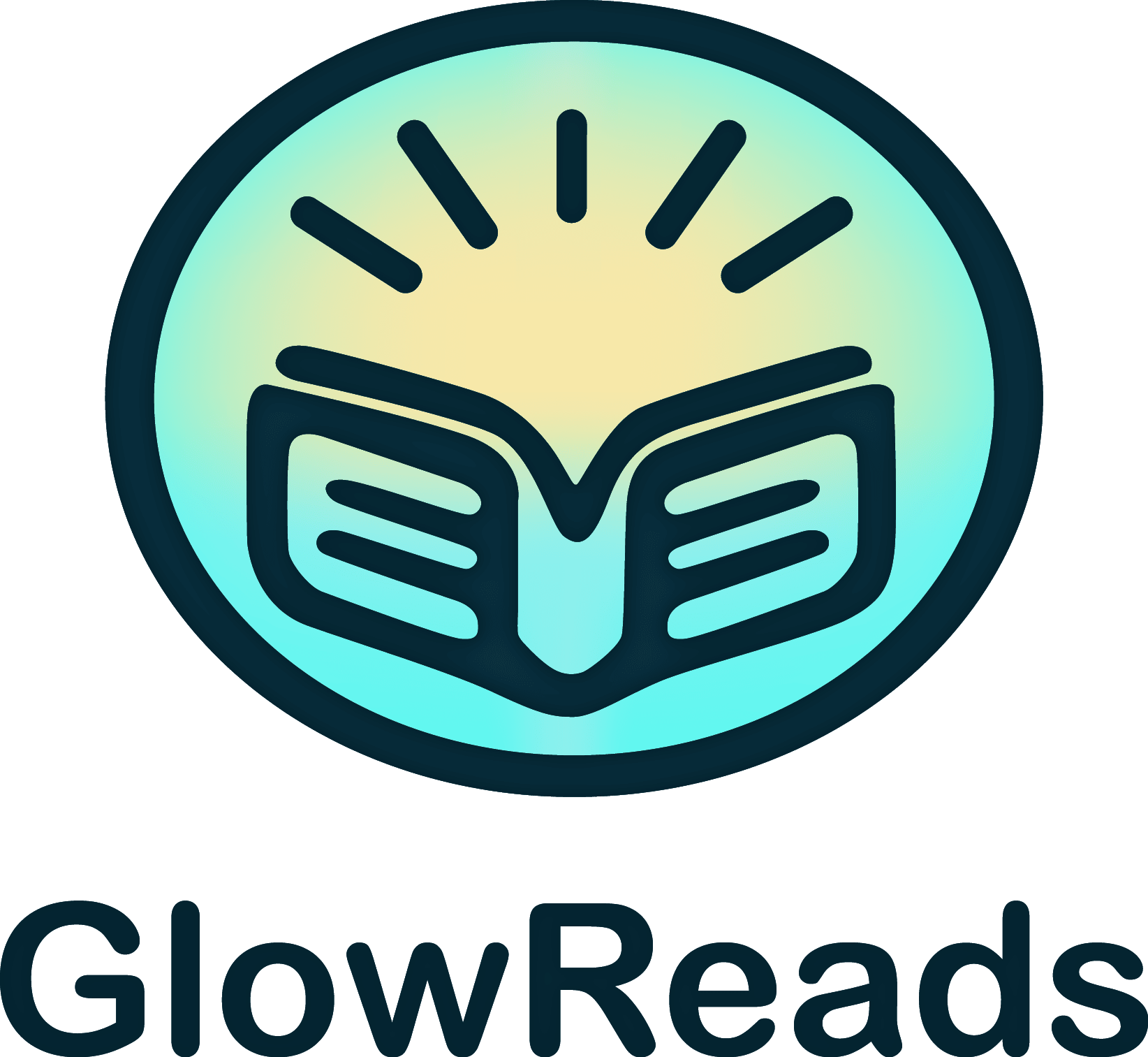Table of Contents
ToggleIntroduction to Literary Collections
Literary collections encompass a wide range of anthologies, series, and curated works that bring together diverse voices, styles, and themes. These collections serve as valuable resources for readers looking to explore different genres, authors, and literary movements. By presenting a variety of perspectives and narratives, literary collections offer a rich and multifaceted reading experience. Whether you are interested in short stories, essays, poetry, or thematic anthologies, literary collections provide an opportunity to discover new authors and appreciate the breadth of literary expression.
Types of Literary Collections (Anthologies, Series, etc.)
Literary collections come in various forms, each offering a unique approach to curating and presenting literary works. Anthologies are collections of short stories, essays, poems, or other written works, often centered around a common theme, genre, or period. They provide readers with a diverse array of voices and styles within a single volume. Series, on the other hand, are collections of works by a single author or multiple authors, typically published over time. Series can include novels, short stories, or other literary forms, offering readers an extended exploration of characters, themes, and settings. Thematic anthologies focus on specific topics, such as love, war, or nature, bringing together works from different authors that explore these themes from various angles. By offering a curated selection of literary works, these collections help readers discover new authors and deepen their understanding of different literary forms and themes.
Top Literary Collections for Enthusiasts
Selecting the best literary collections can be a delightful yet challenging task, given the wealth of excellent options available. For those interested in short stories, “The Best American Short Stories” series, edited annually by different prominent authors, offers a comprehensive selection of contemporary short fiction. Poetry enthusiasts might enjoy “The Norton Anthology of Poetry,” which spans centuries of poetic expression, from classic to contemporary poets. Essay lovers can delve into “The Art of the Personal Essay,” edited by Phillip Lopate, which showcases the evolution of the personal essay from ancient times to the modern era. For readers interested in thematic anthologies, “My True Love Gave to Me: Twelve Holiday Stories,” edited by Stephanie Perkins, brings together holiday-themed short stories from well-known YA authors. These collections provide readers with a curated selection of high-quality literary works, offering a rich and varied reading experience.
How to Choose a Literary Collection
Choosing the right literary collection depends on your interests and reading preferences. Start by identifying the genre or theme that intrigues you the most—whether it’s short stories, essays, poetry, or thematic anthologies. Next, consider the diversity of voices and perspectives represented in the collection. A good anthology will offer a mix of established and emerging authors, providing a broad range of styles and viewpoints. Reading reviews and recommendations from trusted sources can also guide your decision, helping you gauge the quality and relevance of the collection. Additionally, exploring award-winning anthologies can ensure you select works that are well-regarded in the literary community. Sampling a few pieces from the collection can also help you determine if the authors’ styles resonate with you.
Book Reviews: Must-Have Literary Collections
1. “The Best American Short Stories” series: Edited annually by different prominent authors, this series offers a comprehensive selection of contemporary short fiction. Each volume showcases the best short stories published in American magazines over the past year, providing readers with a diverse array of voices and styles. The series is celebrated for its high-quality selections and its ability to capture the evolving landscape of American short fiction.
2. “The Norton Anthology of Poetry”: Spanning centuries of poetic expression, this anthology includes works from classic to contemporary poets. The collection offers a rich and comprehensive overview of the poetic tradition, featuring well-known poets such as William Shakespeare, Emily Dickinson, and Langston Hughes, as well as emerging voices. The anthology’s careful curation and scholarly annotations make it an essential resource for poetry enthusiasts and students.
3. “The Art of the Personal Essay,” edited by Phillip Lopate: This anthology showcases the evolution of the personal essay from ancient times to the modern era. The collection includes works from renowned essayists such as Michel de Montaigne, Virginia Woolf, and James Baldwin, providing readers with a diverse array of styles and perspectives. Lopate’s insightful introductions and annotations offer valuable context and analysis, making this anthology a must-have for essay lovers.
Author Spotlights: Compilers and Curators of Literary Works
1. Phillip Lopate: A renowned essayist and editor, Lopate is celebrated for his work in curating and promoting the personal essay. His anthology, “The Art of the Personal Essay,” is widely regarded as a definitive collection of the genre. Lopate’s insightful introductions and annotations provide valuable context and analysis, helping readers appreciate the nuances and significance of each essay.
2. Norton Anthology Editors: The editors of the Norton Anthologies are known for their meticulous curation and scholarly expertise. These anthologies, including the Norton Anthology of Poetry and the Norton Anthology of Literature, are widely used in academic settings and appreciated by readers for their comprehensive selections and insightful annotations. The editors’ commitment to presenting diverse voices and perspectives has made the Norton Anthologies essential resources for students and literature enthusiasts.
3. Stephanie Perkins: As the editor of “My True Love Gave to Me: Twelve Holiday Stories,” Perkins has brought together a delightful collection of holiday-themed short stories from well-known YA authors. Her ability to curate engaging and heartwarming stories has made this anthology a favorite among young adult readers. Perkins’s work highlights the joy and magic of the holiday season, providing readers with a diverse array of voices and styles.
Reader’s Corner: Exploring Diverse Literary Collections
1. Join a Literary Book Club: Engaging with others who share an interest in literary collections can enhance your reading experience. Book clubs offer opportunities for discussion, debate, and deeper understanding of the themes and styles represented in the collections. Sharing insights and perspectives can enrich your appreciation of the diverse voices and narratives.
2. Attend Literary Festivals and Readings: Many literary festivals and bookstores host readings and discussions with authors featured in anthologies and collections. Attending these events can provide a deeper connection to the works and offer insights into the authors’ creative processes. Literary festivals also provide opportunities to discover new collections and engage with the broader literary community.
3. Explore Online Literary Journals: Many online literary journals publish anthologies and collections of short stories, essays, and poetry. Journals like “Granta,” “Tin House,” and “The Paris Review” offer high-quality literary works and introduce readers to emerging authors and diverse voices. Subscribing to these journals can keep you updated on the latest trends and developments in literary collections.
4. Create a Personal Anthology: Consider compiling your own anthology of favorite short stories, essays, and poems. This personal project can help you reflect on the themes and styles that resonate with you and provide a customized collection of literary works to revisit and share with others.
5. Keep a Reading Journal: Documenting your thoughts and reflections as you read various literary collections can enhance your understanding and retention of the material. A reading journal allows you to track your progress, note important themes and quotes, and reflect on your personal reactions to the stories. Keeping a journal can also serve as a personal record of your literary journey, helping you to see how your tastes and insights evolve over time. By regularly writing in your journal, you can develop a more critical and analytical approach to reading, which will deepen your appreciation of the diverse voices and narratives in literary collections.


